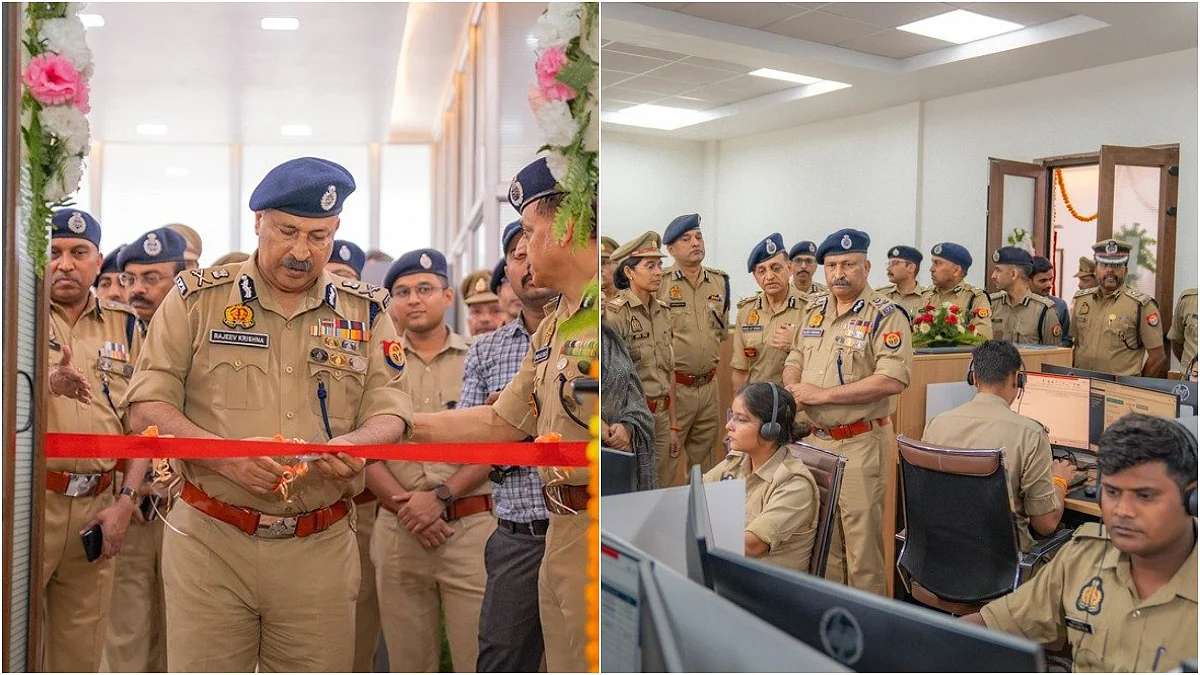Lucknow: Lucknow is facing a serious cybercrime problem where local youths are unknowingly helping international fraudsters. This issue revolves around “mule accounts” — bank accounts used to move illegal money. Many of these accounts belong to young men and women from the city who agree to let others use their accounts for a quick commission.
One such youth is Ajay, a 24-year-old restaurant waiter from Old Lucknow. A friend introduced him to a “crypto trader” who offered him Rs 20,000 if he allowed his bank account to be used for one day. The next day, lakhs of rupees entered his account and were quickly withdrawn under someone else’s instructions. Ajay handed over the cash without realising it was part of an international cyber fraud. Soon, police came to his door, and Ajay decided to cooperate, helping them find other account holders involved in the network.
.png)
Police investigations by the Crime Branch and Cyber Cell over the last three months have found that many mule account holders work in restaurants, shops, or on short-term contracts. Some are even college students. They are lured with commissions between Rs 10,000 and Rs 30,000. The money passing through these accounts comes from cybercrimes like online investment scams, fake jobs, sextortion, and fraudulent trading platforms. Once received, the funds are converted into cryptocurrency — mainly USDT (Tether) — through unregulated, non-KYC peer-to-peer networks on the TRC-20 blockchain.
The operation is run by handlers based in Cambodia, Vietnam, Laos, and Thailand, often communicating through encrypted Telegram channels in Chinese. Local recruiters gather account details, sometimes with fake documents, and accompany mule account holders to banks on transaction days. After cash withdrawals, the money is handed to crypto brokers who move it into decentralised wallets, beyond the reach of any single country’s laws. Binance is among the preferred platforms for these transactions.
Police have found mule accounts concentrated in Old Lucknow areas like Chowk, Indira Nagar, and Malihabad, as well as new neighbourhoods such as Sushant Golf City and Vrindavan Yojna. In the past two months alone, police tracked transactions ranging from Rs 5 lakh to Rs 5 crore being funnelled through such accounts.
Officials say these youths are not hardened criminals, but their actions make large-scale fraud possible. Some of this money even funds “cyber slavery” rackets in Southeast Asia, where trafficked Indians are forced to work in scam operations.

The Uttar Pradesh Police, along with the Indian Cyber Crime Coordination Centre, is now working on stronger measures. Plans include a dedicated Cyber Crime Centre, special units for women and children’s safety, hotspot mapping, and public awareness campaigns.
Ajay, now aware of the risks, warns others not to rent out their accounts. “I thought it was quick money,” he says, “but it was a crime. I’m lucky to get a second chance.”










